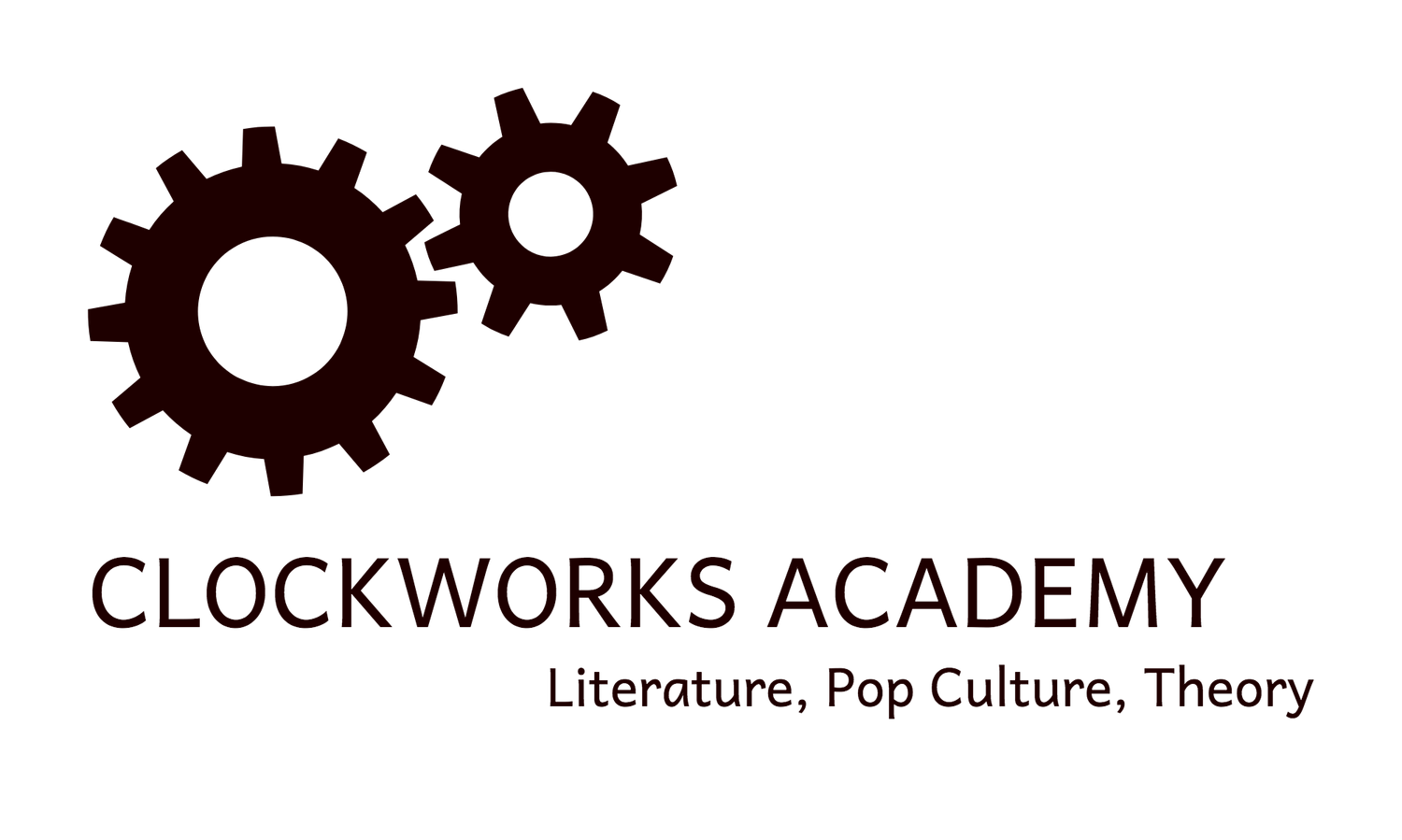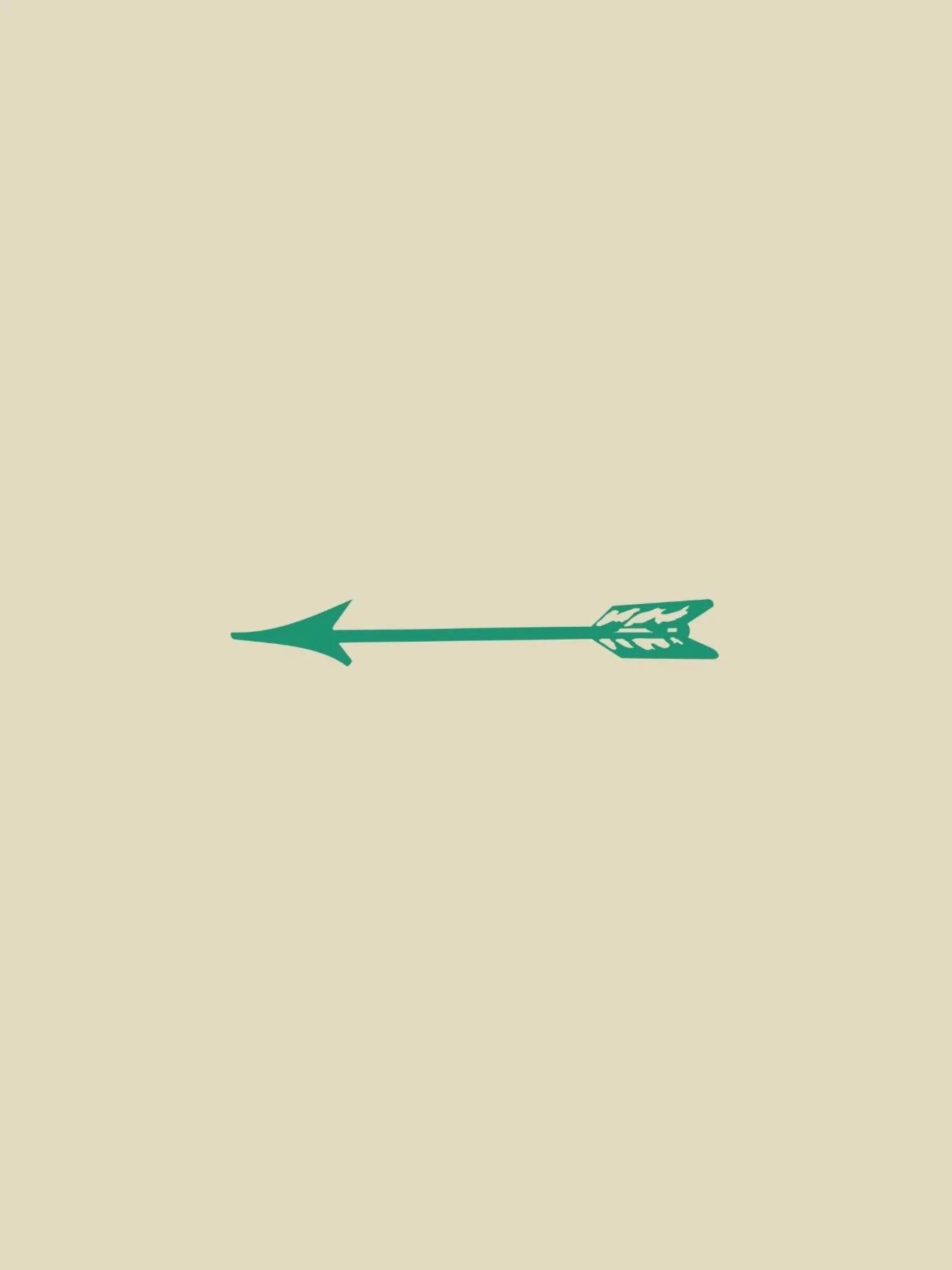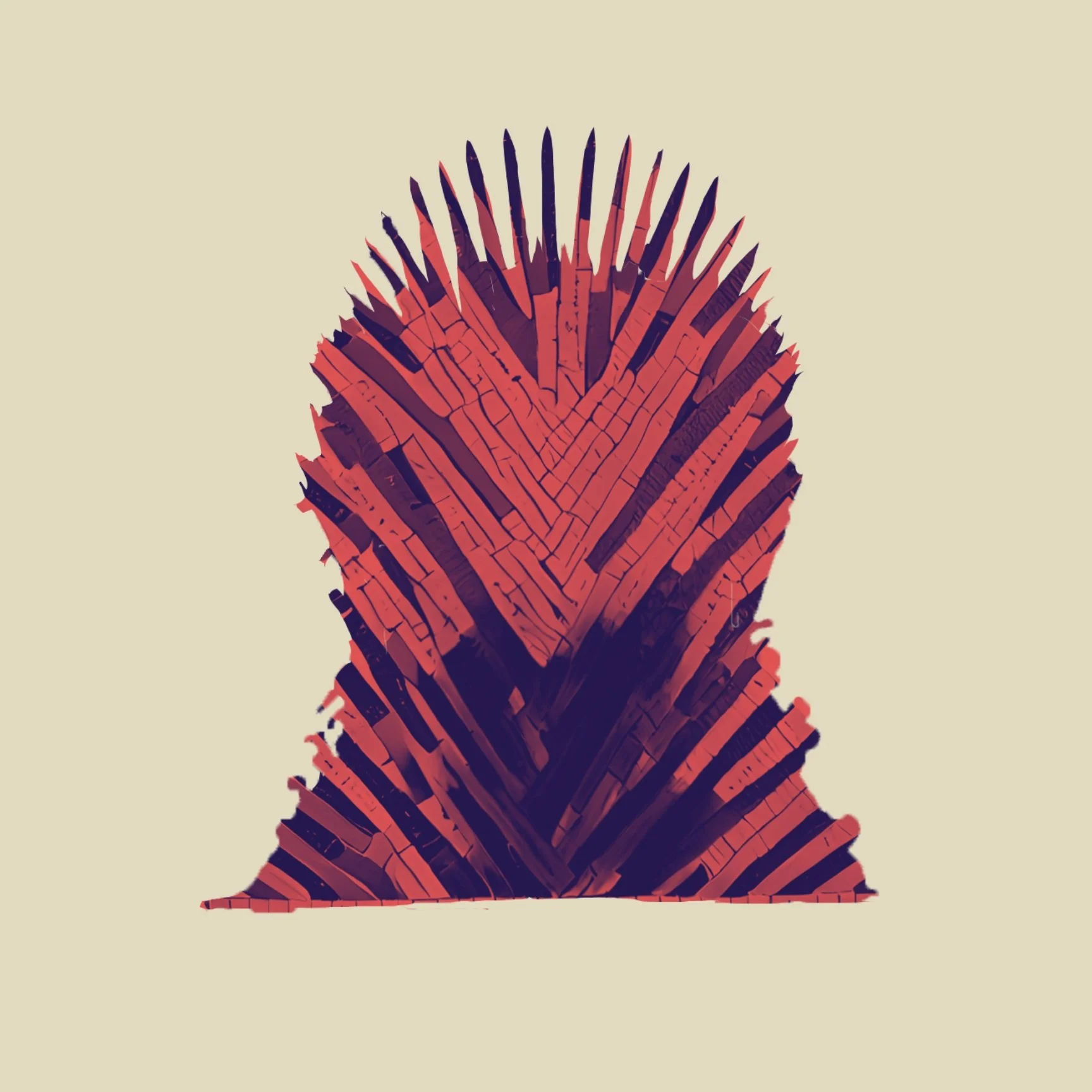
"The Game of Thrones Course" Begins
Game of Thrones is one of the most popular, and hotly debated, tv series of the decade, based on one of the most popular, and hotly debated, fantasy series ever written. Join Dr. Mikayla Hunter for a course exploring the medievalisms of Game of Thrones, from politics to magic, from medieval disability to trial by combat, in this course you’ll unravel of the most delightful complexities and nuances of Game of Thrones.
This course will will assume students have watched the TV series, but will not assume that they have read the books, though differences between the tv series and the novels will be discussed.
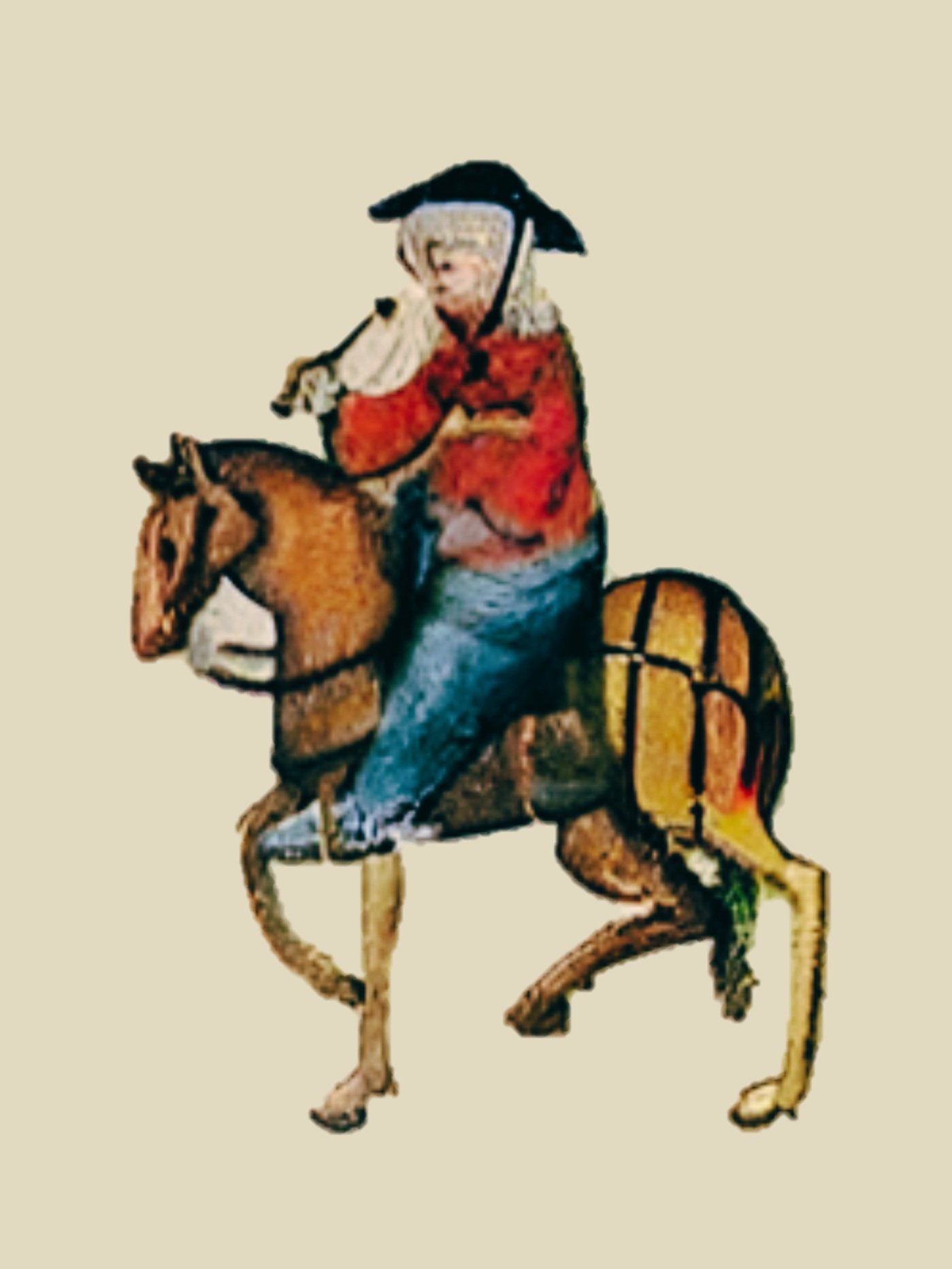
"Power, Pardon, and Parody: The Most Popular Canterbury Tales" Begins
In this course we will read about half of part ofThe Canterbury Tales: the unfinished masterpiece of Geoffrey Chaucer, the most respected and widely read English poet of the middle ages. In the Canterbury Tales, Chaucer takes a journey with a group of pilgrims, each of whom tells a story on the road. This frame narrative allows Chaucer to tell a wide range of short stories in different voices and genres, and match each story to its teller.
The Canterbury Tales Course is divided into two parts, and you can take one or both, in either order. This course is Part One and is focused on the highlights of the Canterbury Tales. If you’ve read only a few of the Canterbury Tales, we’ll probably be reading those ones in this course. Highlights doesn’t mean these are only good tales though, or even necessarily the best ones. They’re just the tales that are likely to be the first ones most people think of.
This course includes:
The General Prologue
The Knight's Tale
The Miller's Tale
The Reeve's Tale
The Cook's Tale
The Wife of Bath's Tale
The Friar's Tale
The Summoner's Tale
The Squire's Tale
The Franklin's Tale
The Pardoner's Tale
The Prioress's Tale
The Tale of Sir Thopas
The Nun's Priest's Tale

"The Beowulf Course" Begins
In the Old English epic Beowulf, the title character fights three monsters: Grendel, Grendel’s mother, and a dragon. Together, we will explore the symbolic meaning of each of these monsters, show what they each have to do with each other, and in the process grapple with the oldest epic in the English language.

"The History of the English Language(s) Course" Begins
Nū scylun hergan hefaenrīcaes Uard,
metudæs maecti end his mōdgidanc,
So begins a short poem traditionally titled Cædmon's Hymn, the oldest poem by a named poet in the English language. How did English go from that to these lines, that open Electric Slide Is Not A Dance, a 2019 poem by Porsha Olayiwola?
I wanna privy you to a little secret. Come close now. Good. So, what you need to know is the electric slide is not a dance. It's a transmission code.
In this eight-week course we will begin with now and look backward, tracing a path from modern English to its early roots.
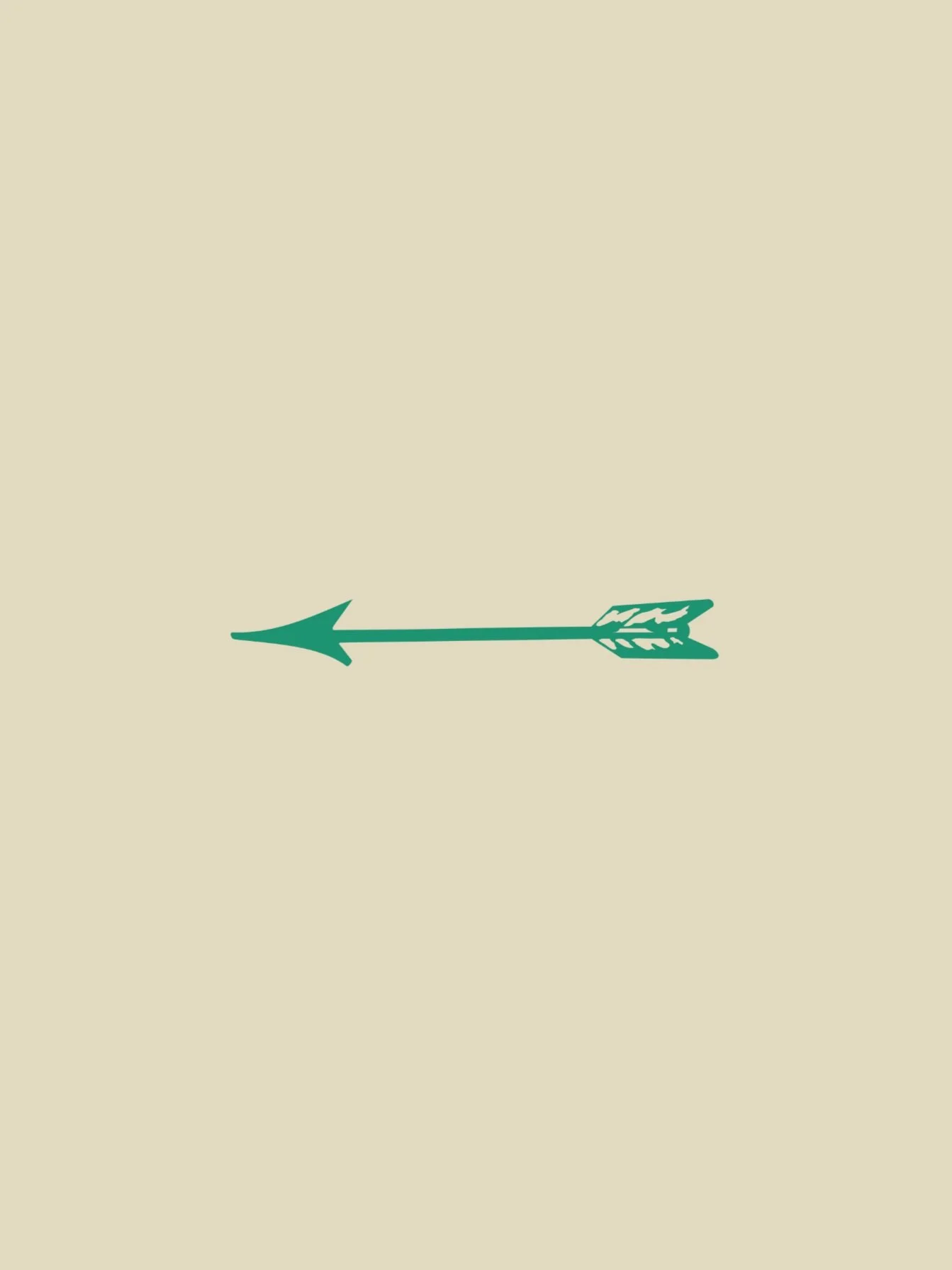
The Robin Hood Course Begins
Few figures, historical, legendary, or fictional have captured the imagination as profoundly or as lastingly as Robin Hood. Outlaw, trickster, hero, Robin Hood is a character full of contradiction, complexity, and charm. In this course you’ll learn about the origin of Robin Hood stories, interrogate the myth and the history, and learn why centuries later we keep listening to stories about Robin Hood.
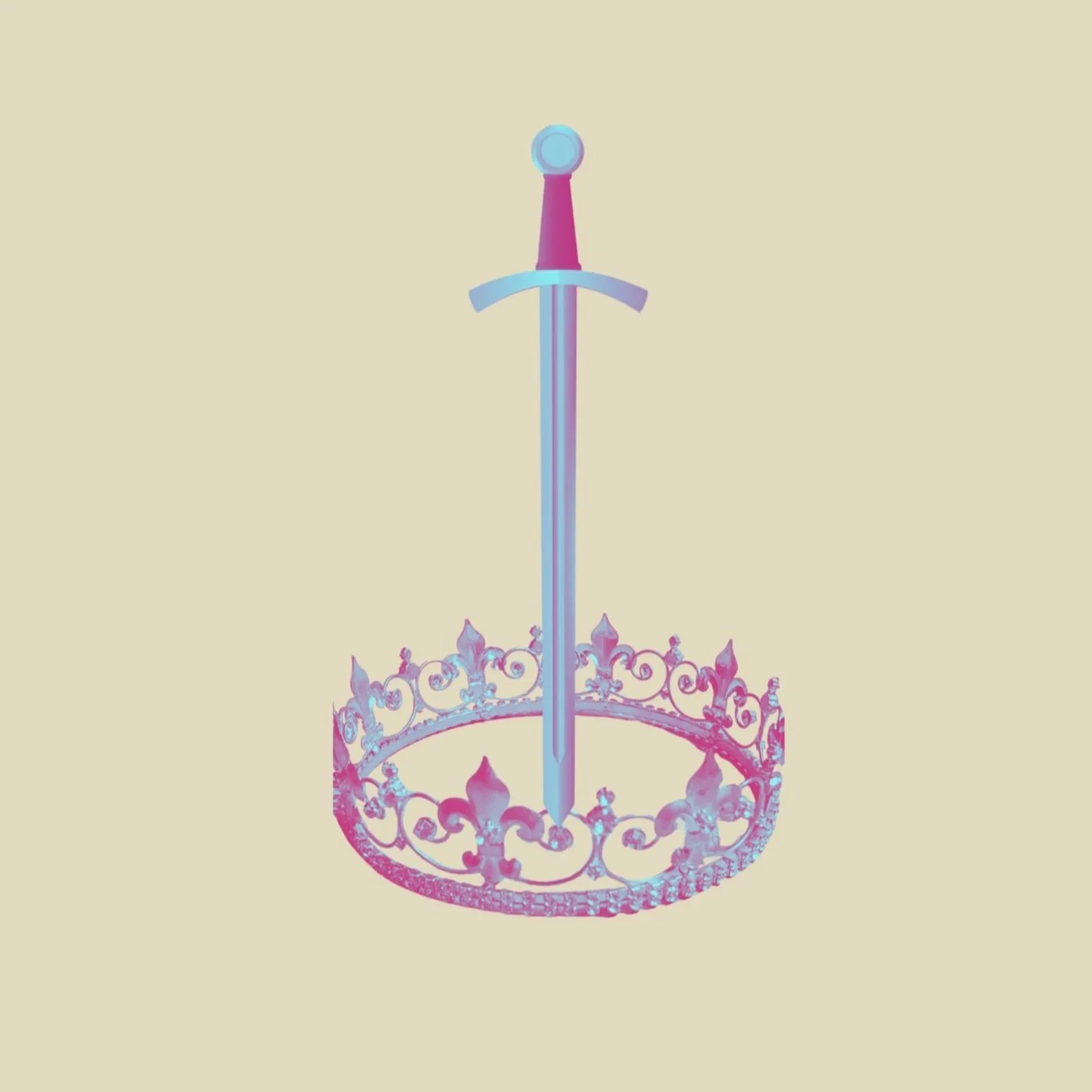
"The King Arthur Course Part Two: Fight for Right!" Begins
Sir Thomas Malory’s Le Morte Darthur is the only work of medieval literature still commonly read by laypeople for pleasure. It represents an inflection point for Arthurian literature: it is the primary source to which virtually all adaptation or expansions of Arthurian legend return, and it is the lens through which scholars and amateurs alike have viewed older Arthurian legend for centuries. Come read Le Morte Darthur with me, and discover the adventure, the pathos, the mystery, an the humour of this amazing work.
The King Arthur Course will be divided in three parts, which will not depend on one another. Part Two: Fight For Right! focuses on chivalric glory, martial ethics, tournaments, and war.

"The Medieval Werewolves Course" Begins
Stories of shapeshifters and werewolves go back centuries. Anglo-Norman writer Marie de France writes about Bisclavret in the twelfth century, but although her werewolf is the best-known it is not the only, or even the first tale of werewolf knights in the middle ages. In this course we will discover a number of medieval werewolves, from the moving to the horrifying, and begin to understand what makes werewolves so compelling.

"The History of the English Language(s) Course" Begins
Nū scylun hergan hefaenrīcaes Uard,
metudæs maecti end his mōdgidanc,
So begins a short poem traditionally titled Cædmon's Hymn, the oldest poem by a named poet in the English language. How did English go from that to these lines, that open Electric Slide Is Not A Dance, a 2019 poem by Porsha Olayiwola?
I wanna privy you to a little secret. Come close now. Good. So, what you need to know is the electric slide is not a dance. It's a transmission code.
In this eight-week course we will begin with now and look backward, tracing a path from modern English to its early roots.

"The Game of Thrones Course" Begins
Game of Thrones is one of the most popular, and hotly debated, tv series of the decade, based on one of the most popular, and hotly debated, fantasy series ever written. Join Dr. Mikayla Hunter for a course exploring the medievalisms of Game of Thrones, from politics to magic, from medieval disability to trial by combat, in this course you’ll unravel of the most delightful complexities and nuances of Game of Thrones.
This course will will assume students have watched the TV series, but will not assume that they have read the books, though differences between the tv series and the novels will be discussed.
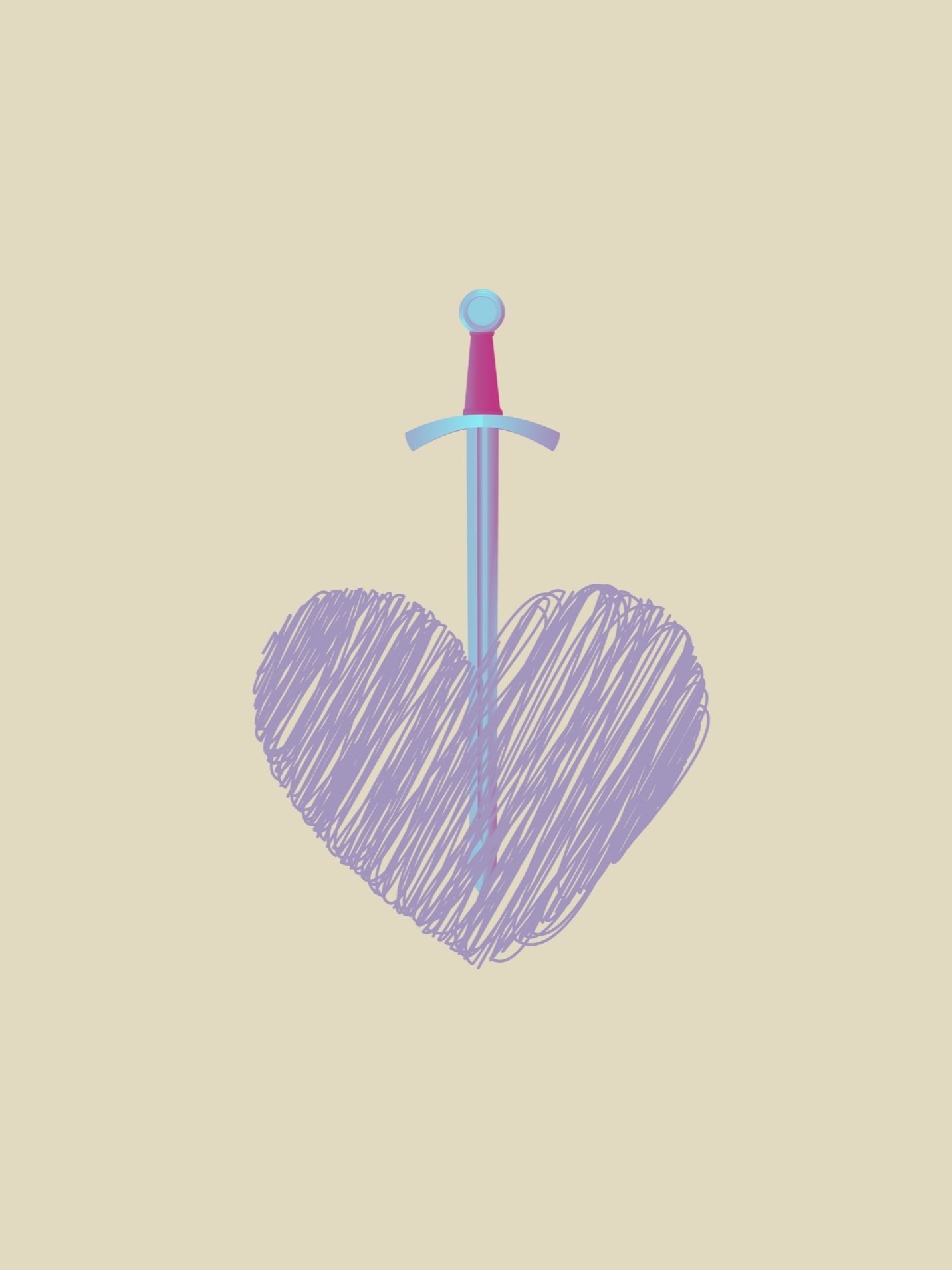
"King Arthur Course Part One: A Fine Romance" Begins
Sir Thomas Malory’s Le Morte Darthur is the only work of medieval literature still commonly read by laypeople for pleasure. It represents an inflection point for Arthurian literature: it is the primary source to which virtually all adaptation or expansions of Arthurian legend return, and it is the lens through which scholars and amateurs alike have viewed older Arthurian legend for centuries. Come read Le Morte Darthur with me, and discover the adventure, the pathos, the mystery, an the humour of this amazing work.
The King Arthur Course will be divided in three parts, which will not depend on one another. Part One: A Fine Romance will focus on knights errant, ladies and maidens and damsels in distress, courtly romance, and love triangles.

"The Robin Hood Course" Begins
Few figures, historical, legendary, or fictional have captured the imagination as profoundly or as lastingly as Robin Hood. Outlaw, trickster, hero, Robin Hood is a character full of contradiction, complexity, and charm. In this course you’ll learn about the origin of Robin Hood stories, interrogate the myth and the history, and learn why centuries later we keep listening to stories about Robin Hood.

"The Beowulf Course" Begins
In the Old English epic Beowulf, the title character fights three monsters: Grendel, Grendel’s mother, and a dragon. Together, we will explore the symbolic meaning of each of these monsters, show what they each have to do with each other, and in the process grapple with the oldest epic in the English language.

"The Medieval Werewolves Course" Begins
Stories of shapeshifters and werewolves go back centuries. Anglo-Norman writer Marie de France writes about Bisclavret in the twelfth century, but although her werewolf is the best-known it is not the only, or even the first tale of werewolf knights in the middle ages. In this course we will discover a number of medieval werewolves, from the moving to the horrifying, and begin to understand what makes werewolves so compelling.

"The Game of Thrones Course" Begins
Game of Thrones is one of the most popular, and hotly debated, tv series of the decade, based on one of the most popular, and hotly debated, fantasy series ever written. Join Dr. Mikayla Hunter for a course exploring the medievalisms of Game of Thrones, from politics to magic, from medieval disability to trial by combat, in this course you’ll unravel of the most delightful complexities and nuances of Game of Thrones.
This course will will assume students have watched the TV series, but will not assume that they have read the books, though differences between the tv series and the novels will be discussed.
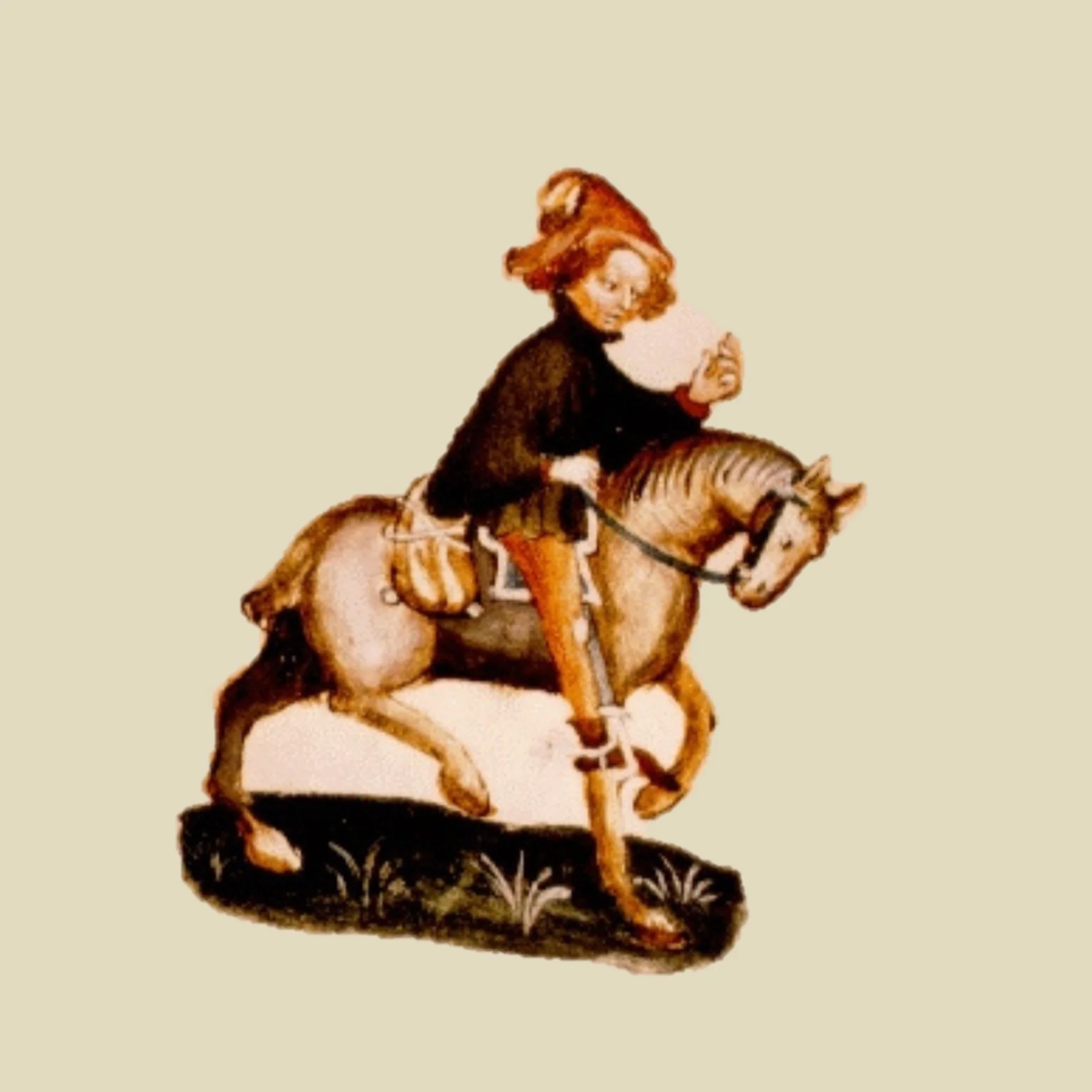
"Pain, Gain, and the Profane: The Overlooked Canterbury Tales" Begins
In this course, we will read about half of The Canterbury Tales: the unfinished masterpiece of Geoffrey Chaucer, the most respected and widely read English poet of the middle ages. In the Canterbury Tales, Chaucer takes a journey with a group of pilgrims, each of whom tells a story on the road. This frame narrative allows Chaucer to tell a wide range of short stories in different voices and genres, and match each story to its teller.
The Canterbury Tales Course is divided into two parts, and you can take one or both, in either order. This course is Part Two and is focused on the more overlooked Canterbury Tales. If you’ve read some of the Canterbury Tales but not all, we’ll probably be reading the tales you’ve never read before in this course. Overlooked doesn’t mean these aren’t good tales though, and “overlooked” doesn’t mean nobody has read them. They’re just the tales that don’t usually make it onto the short-list when people read some of the Canterbury Tales and not all.
This course includes:
TheGeneral Prologue
The Man of Law's Tale
The Clerk's Tale
The Merchant's Tale
The Physician's Tale
The Shipman's Tale
The Tale of Melibee
The Monk's Tale
The Second Nun's Tale
The Canon's Yeoman's Tale
The Manciple's Tale
The Parson's Tale
Chaucer's Retraction

"The History of the English Language(s) Course" Begins
Nū scylun hergan hefaenrīcaes Uard,
metudæs maecti end his mōdgidanc,
So begins a short poem traditionally titled Cædmon's Hymn, the oldest poem by a named poet in the English language. How did English go from that to these lines, that open Electric Slide Is Not A Dance, a 2019 poem by Porsha Olayiwola?
I wanna privy you to a little secret. Come close now. Good. So, what you need to know is the electric slide is not a dance. It's a transmission code.
In this eight-week course we will begin with now and look backward, tracing a path from modern English to its early roots.

"The Game of Thrones Course" Begins
Game of Thrones is one of the most popular, and hotly debated, tv series of the decade, based on one of the most popular, and hotly debated, fantasy series ever written. Join Dr. Mikayla Hunter for a course exploring the medievalisms of Game of Thrones, from politics to magic, from medieval disability to trial by combat, in this course you’ll unravel of the most delightful complexities and nuances of Game of Thrones.
This course will will assume students have watched the TV series, but will not assume that they have read the books, though differences between the tv series and the novels will be discussed.

The Robin Hood Course Begins
Few figures, historical, legendary, or fictional have captured the imagination as profoundly or as lastingly as Robin Hood. Outlaw, trickster, hero, Robin Hood is a character full of contradiction, complexity, and charm. In this course you’ll learn about the origin of Robin Hood stories, interrogate the myth and the history, and learn why centuries later we keep listening to stories about Robin Hood.

"The Medieval Werewolves Course" Begins
Stories of shapeshifters and werewolves go back centuries. Anglo-Norman writer Marie de France writes about Bisclavret in the twelfth century, but although her werewolf is the best-known it is not the only, or even the first tale of werewolf knights in the middle ages. In this course we will discover a number of medieval werewolves, from the moving to the horrifying, and begin to understand what makes werewolves so compelling.

"The Beowulf Course" Begins
In the Old English epic Beowulf, the title character fights three monsters: Grendel, Grendel’s mother, and a dragon. Together, we will explore the symbolic meaning of each of these monsters, show what they each have to do with each other, and in the process grapple with the oldest epic in the English language.

"Power, Pardon, and Parody: The Most Popular Canterbury Tales" Begins
In this course we will read about half of part ofThe Canterbury Tales: the unfinished masterpiece of Geoffrey Chaucer, the most respected and widely read English poet of the middle ages. In the Canterbury Tales, Chaucer takes a journey with a group of pilgrims, each of whom tells a story on the road. This frame narrative allows Chaucer to tell a wide range of short stories in different voices and genres, and match each story to its teller.
The Canterbury Tales Course is divided into two parts, and you can take one or both, in either order. This course is Part One and is focused on the highlights of the Canterbury Tales. If you’ve read only a few of the Canterbury Tales, we’ll probably be reading those ones in this course. Highlights doesn’t mean these are only good tales though, or even necessarily the best ones. They’re just the tales that are likely to be the first ones most people think of.
This course includes:
The General Prologue
The Knight's Tale
The Miller's Tale
The Reeve's Tale
The Cook's Tale
The Wife of Bath's Tale
The Friar's Tale
The Summoner's Tale
The Squire's Tale
The Franklin's Tale
The Pardoner's Tale
The Prioress's Tale
The Tale of Sir Thopas
The Nun's Priest's Tale

"The History of the English Language(s) Course" Begins
Nū scylun hergan hefaenrīcaes Uard,
metudæs maecti end his mōdgidanc,
So begins a short poem traditionally titled Cædmon's Hymn, the oldest poem by a named poet in the English language. How did English go from that to these lines, that open Electric Slide Is Not A Dance, a 2019 poem by Porsha Olayiwola?
I wanna privy you to a little secret. Come close now. Good. So, what you need to know is the electric slide is not a dance. It's a transmission code.
In this eight-week course we will begin with now and look backward, tracing a path from modern English to its early roots.

"The Game of Thrones Course" Begins
Game of Thrones is one of the most popular, and hotly debated, tv series of the decade, based on one of the most popular, and hotly debated, fantasy series ever written. Join Dr. Mikayla Hunter for a course exploring the medievalisms of Game of Thrones, from politics to magic, from medieval disability to trial by combat, in this course you’ll unravel of the most delightful complexities and nuances of Game of Thrones.
This course will will assume students have watched the TV series, but will not assume that they have read the books, though differences between the tv series and the novels will be discussed.

The Robin Hood Course Begins
Few figures, historical, legendary, or fictional have captured the imagination as profoundly or as lastingly as Robin Hood. Outlaw, trickster, hero, Robin Hood is a character full of contradiction, complexity, and charm. In this course you’ll learn about the origin of Robin Hood stories, interrogate the myth and the history, and learn why centuries later we keep listening to stories about Robin Hood.
Show only when courses: begin, end.
Browse calendar by instructor: Paul Moffett, Mikayla Hunter, Jacob Vanderkloet
Browse calendar by topic: Ancient, Medieval, Monsters
Browse calendar by course: Beowulf, Chaucer, Dracula, Dr. Jekyll and Mr. Hyde, Frankenstein, Game of Thrones, History of the English Language(s), King Arthur, Odyssey, Robin Hood, Werewolves, Zombies
